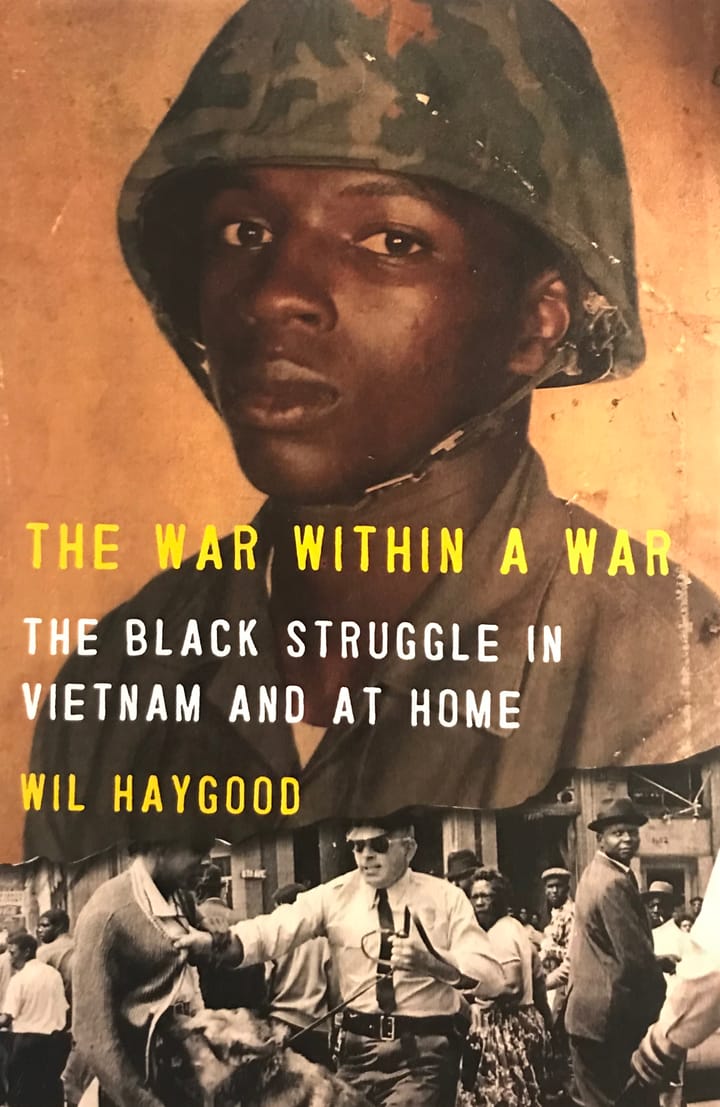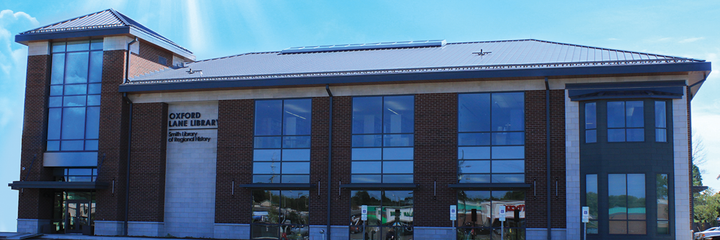From alley revitalization to tenants rights: How student projects impact Oxford
Planning efforts in Oxford extend beyond city staff and into classrooms at Miami University, where students lead projects that guide future efforts in town.
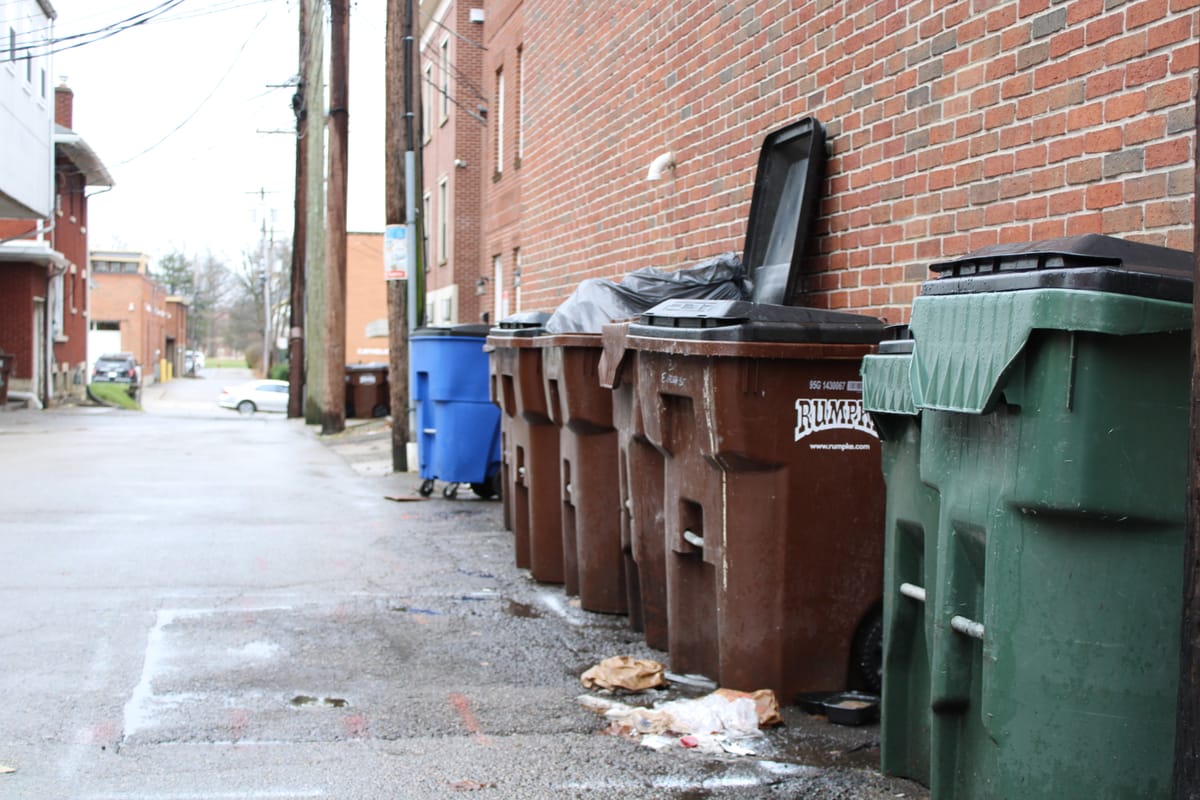
As Miami University students left Oxford this week, some left behind a mark on the city, too.
For years, Oxford’s government has relied on Miami classes to lead early-stage planning initiatives in town. This semester, those efforts spanned four focuses: alley development, deer management, increasing the rates of city staff who live in town and creating a renters’ rights awareness campaign.
When the city embarks on major projects like creating guiding documents for historic preservation or economic development, it can cost tens of thousands of dollars. For smaller projects that the city doesn’t have the time or money to research in-depth itself, relying on students creates a win-win situation by giving the students real-world experience.
“It’s a wonderful two way street,” said Assistant City Manager Jessica Greene, who acted as the staff point person for the deer management, housing and alley projects this semester. “Other towns would love to have a team of researchers to help them walk through this, and we’re very lucky to have that relationship.”
That two-way street goes beyond just saving the city money. When staff members take on student projects, they become educators themselves as some of the class members are engaging with local government for the first time.
“It definitely advances city goals in an economical way,” Greene said. “Working with student groups, they are still learning, and so there’s more staff input to kind of educate them about how government works, or the fiscal constraints of government, or even the scale of government.”
David Prytherch, an Oxford City Council member and professor of geography at Miami, teaches a client-based advanced urban and regional planning course each spring. The class is divided into three groups that work on real-world issues for local governments in and around Butler County. The alley project came from his class this year.
“Students get an amazing experience of that responsibility, interacting with the clients,” Prytherch said. “They learn from the good, the bad, the ugly of doing that kind of work, and in the process, hopefully learn something about themselves.”
The students working on solutions to improve Oxford’s alleys proposed some aspirational ideas like how to close off some alleys to traffic or turn them into gathering places. Much of the project, though, focused on specific ways to address key problems like waste management, lighting and beautifying the Uptown alleys, though. Greene said some of the waste management policy proposals in particular could be implemented as soon as this year with minor adjustments from staff.
The other three projects this spring were led by students in assistant teaching professor Matt Arbuckle’s capstone course for public administration.
“One of the great things about these projects is that the students can actually see the benefits of their work,” Arbuckle said. “They feel like they contributed something, because what they did in college actually made a difference and is actually being implemented in the real world.”
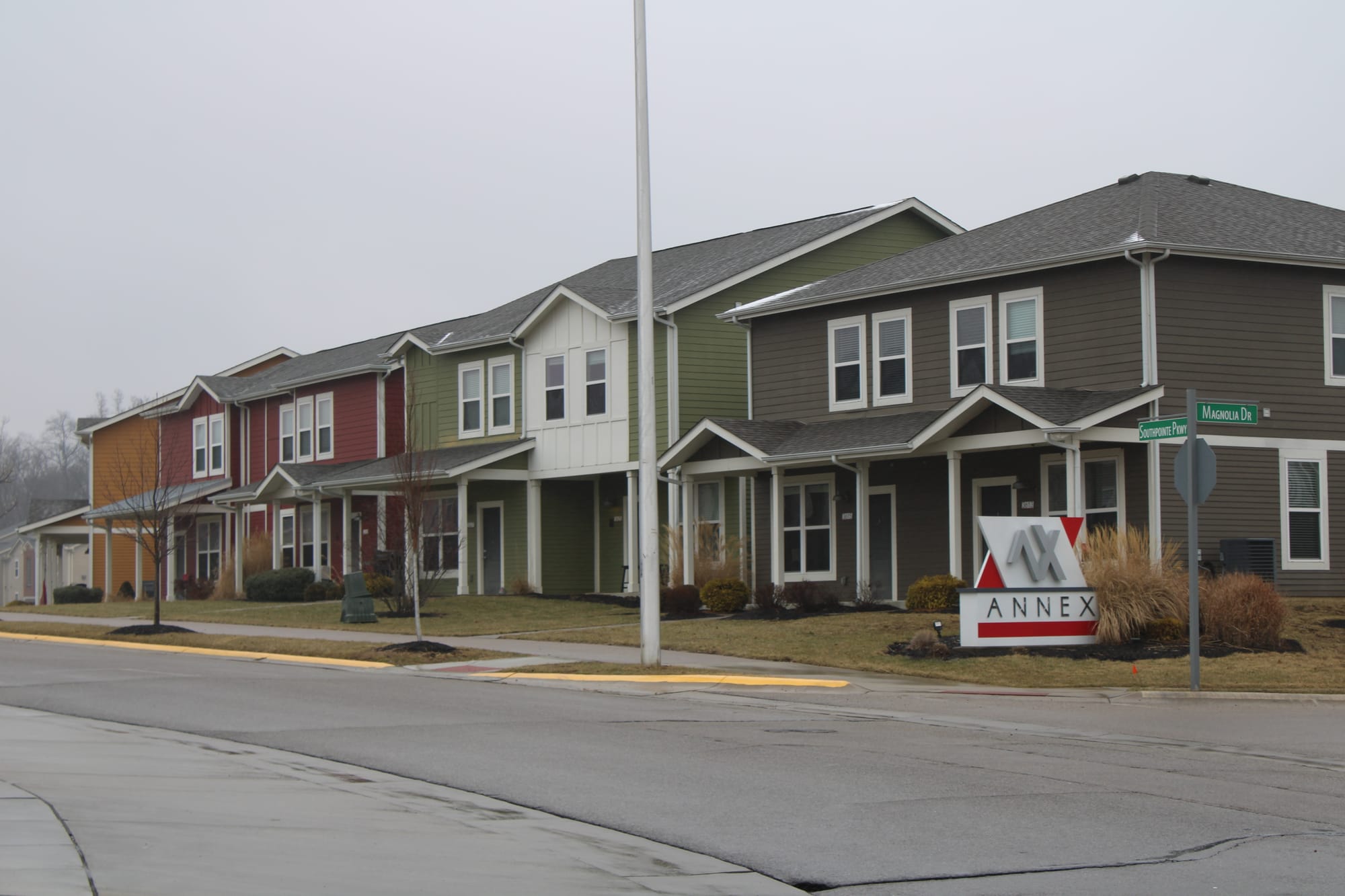
Arbuckle himself serves on Oxford’s Student-Community Relations Committee. The committee is often a source of at least one of his capstone group projects each year, he said. This year, the committee’s focus on tenants’ rights led to a capstone project to provide resources to student renters. Seth Cropenbaker, the city’s economic development specialist, was involved with the project.
Reese Sutton, a junior political science major, was a member of the deer management group in Arbuckle’s class. He wasn’t familiar with the problems deer overpopulation caused before the class, but learned more about it through the process, including from group members who had previous experience with the Ohio Department of Natural Resources.
Oxford has long struggled to keep its deer population in check. During the 2023-24 bow hunting season, the deer management program brought in a record low harvest of just four deer. After implementing some changes for the 2024-25 season, city officials continued to point to the problems deer cause in town, from garden damage to safety concerns. Those issues led city staff to consider creating a task force to address the deer population problem, but they then pivoted to the class project solution instead.
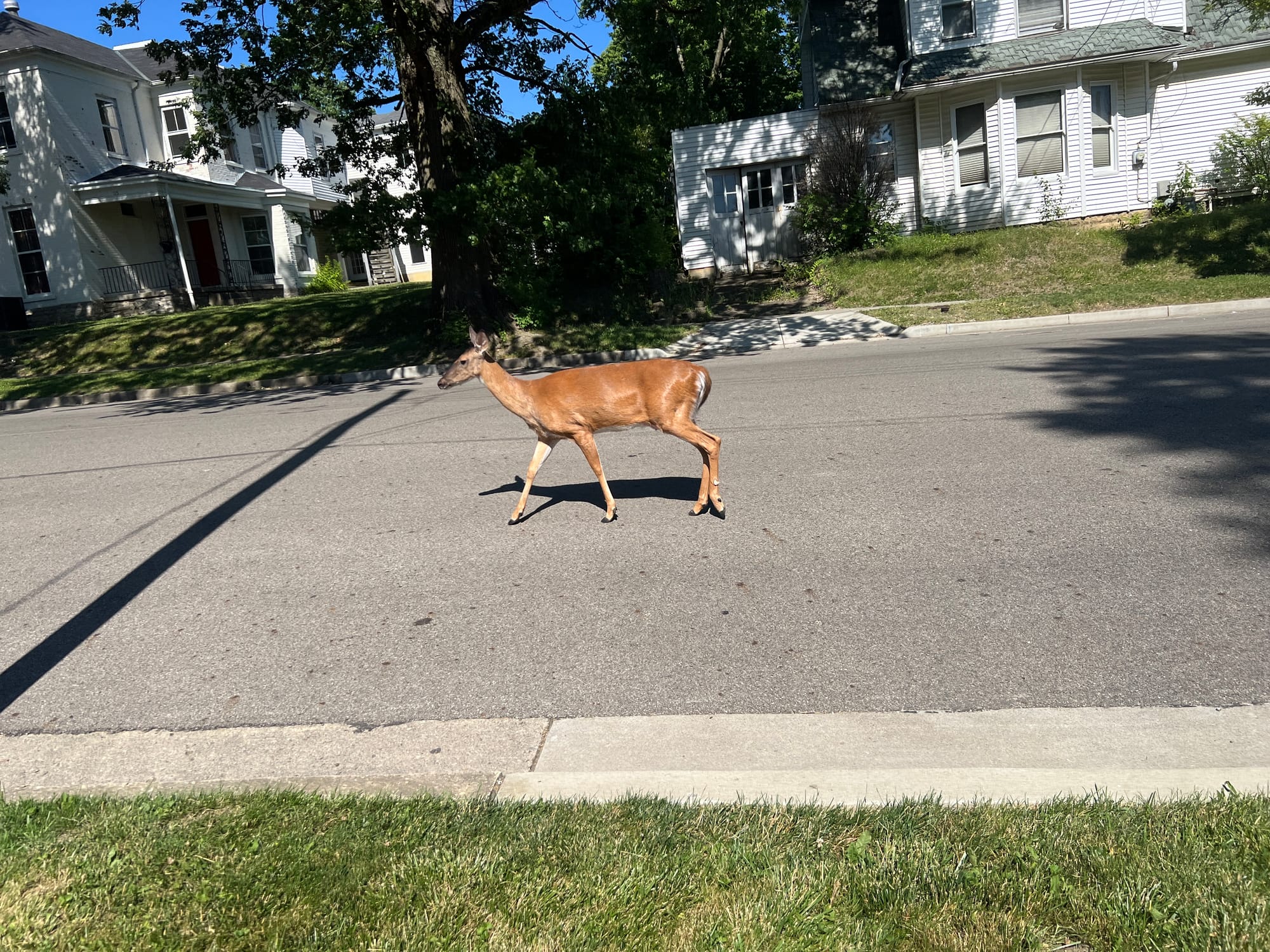
Sutton’s group presented a number of short-term and long-term solutions for deer management, including eliminating the requirement that everyone donates their first bagged deer to a food pantry in Hamilton, which could disincentivize would-be hunters. The group also recommended using infrared technology to get a clearer estimate of the deer population and relying on a third-party culling company to reduce the population quickly in a single season.
“It’s really astonishing that … a year from now, I can see the work that I’ve done not just with this project … being put to use to help people and to help the Oxford community,” Sutton said.
Some student projects take time to see their ideas implemented, Greene said. A student group initially detailed the potential impact of an Amtrak station in town back in 2017, and Greene later pulled from that document when applying for a grant to move the station forward in 2021. Others can move more quickly. The alley project policy recommendations this semester, for example, could be implemented with minor revisions.
Capstone classes often reach beyond Oxford, too. Jada Kramer, a junior public health and psychology double major, worked with the Butler County Health Department through Arbuckle’s class this spring. Her group focused on improving non-emergency communications for the department, and she said they ended up creating a non-emergency communications plan for staff to create media outlets, two videos about chronic disease and best practices training, and interactive maps related to lead poisoning and food deserts in the county.
“I really appreciated the team-based format instead of individually working with a client,” Kramer said. “We just had a lot of diversity in our group that helped bring a lot of different perspectives.”
Next semester, Greene said students will lead an accessibility assessment of Oxford’s facilities and communications. Project ideas come from a variety of sources, including city staff, Oxford City Council and Miami faculty themselves.
Oxford rarely adopts student plans in their entirety. As city staff and officials look over the final deliverables from each group, certain elements may be pulled out, tweaked and presented to Oxford City Council for consideration in the coming months and years.


